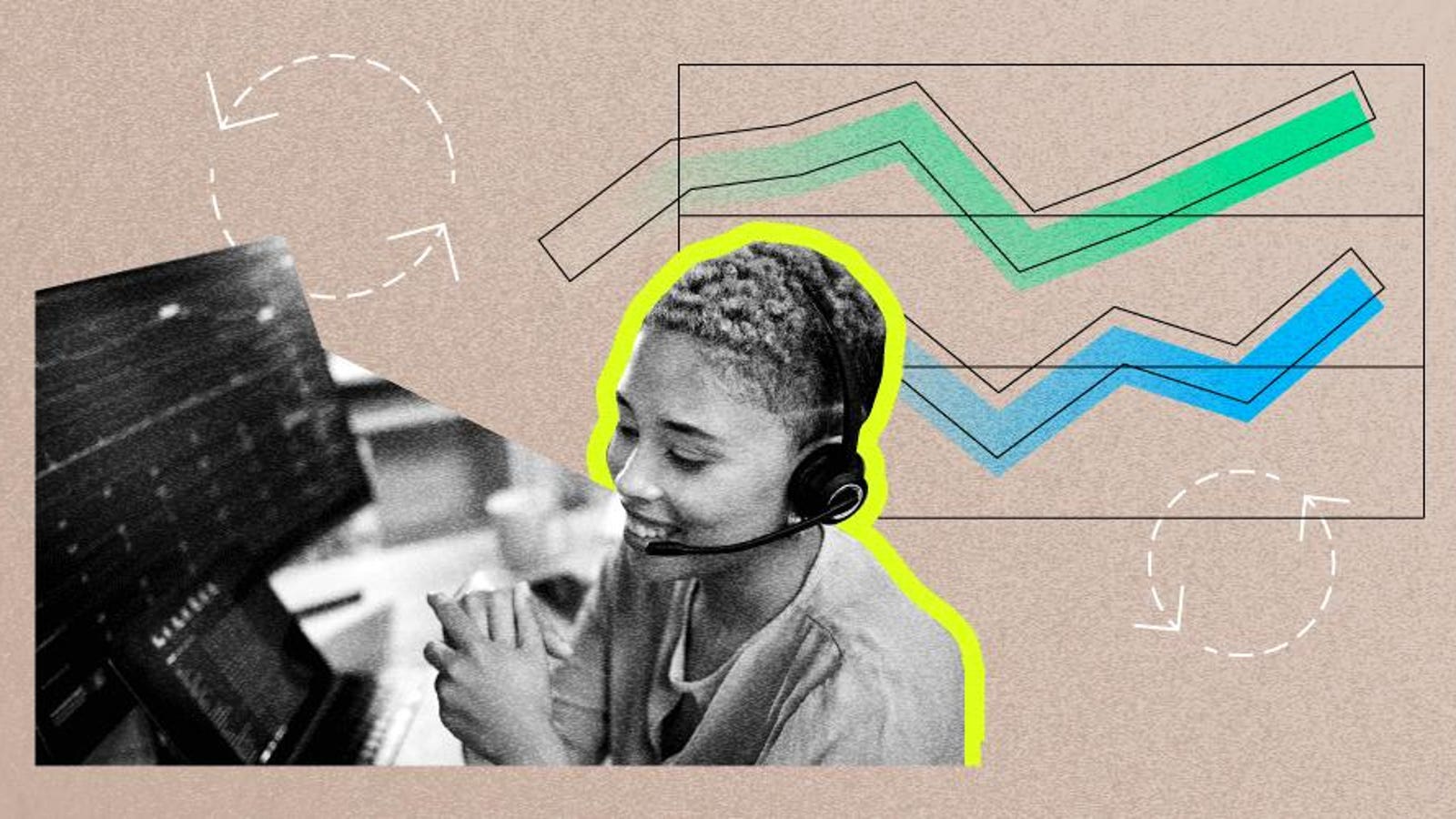This week I broke my Pixel phone and almost had a heart attack realizing how crippled I suddenly am without my technology. My first call for help went to a chatbot. Deadend.
The second call was to Didi, a wonderful human being from AT&T customer service. His patient yet quick maneuvering through Google Cloud and various devices saved me from a self-inflicted disaster. It reinforced a key takeaway I often hear from supply chain leaders who really know how to make digital transformation happen: put people first.
Digitization, decarbonization and zero 100 path
Zero100’s research points to a powerful positive feedback loop between talent and tools. Organizations leading the way in recruiting supply chain professionals with skills in software engineering, analytics, and artificial intelligence are not only the best at using these tools to improve business performance, but also at the forefront of using technology to drive decarbonization. The common element is to start with select people bringing digital skills to their work and then unleashing their creativity to find a way out of Excel hell.
Digital leaders decarbonize better
Zero 100
One such example is Gerardo Mora, a young business engineer at Unilever in Mexico. Gerardos’ story highlights the next-generation digital skills he brought to the job, the better use of data to make predictions, straight out of college. As important as this is for the prediction, it also shows the brilliant reaction of his boss, which encouraged and strengthened his work. The result was another brick in the foundation of a much better AI-based forecasting system connecting Unilever and its biggest customer in Mexico, WalmartWMT.
The technology partnership is called Sky, and the fill rate and logistics efficiency to improve its performance are best in class. Equally important is proof that Unilever is deeply embracing digitalization and that top young talent can expect to learn with massive data sets in a fast-paced live environment. It is a statement of respect for talent and means.
It is also telling that Unilever and Walmart are visible leaders in the quest for sustainable supply chains. It is a combination of purpose and professional growth for young people who are eager to learn and make a difference.
As people learn to use AI, AI learns from people
One of the biggest problems with ChatGPT and other widely used AI tools that work on large public datasets is called illusion, which is basically bad groupthink. AI has no way of knowing when its response conflicts with common sense or a higher purpose. Expert humans train the AI and distinguish right from wrong by learning it. In mirror image, this is what humans do when learning to create better AI prompts and design better LLMs for AI.
AI tools, whether generative or discriminative (ie, old-school predictive tools) are meaningless without questions to answer. People ask questions, and as the machine gets better at answering, more decisions can be automated. In Unilever’s Sky app, billions of configurations are considered automatically, and hundreds of thousands of choices are made automatically, leaving the people who asked the original questions free to call a few unusual decisions. Decision intelligence describes what’s happening here: people learn to lead transformation, just as technology learns to follow people’s lead.
What about Skynet and Terminator?
Former Googler and legendary AI pioneer Geoffrey Hinton was recently interviewed on 60 Minutes and warned about whether humans should protect themselves from the potential unintended consequences of AI. His concern is certainly justified given the increasing processing speed and exponential growth in training datasets.
However, as a layman, I wonder if the best protection is the most obvious, meaning we all have to learn what the AI does. Perhaps the correct analogy is fire. When humans first learned to use fire, we had to worry about letting it get out of hand. Don’t play with fire is a parenting advice that spans thousands of generations of learning, but that doesn’t mean we ignore fire.
People First is about letting people like AT&T’s Didi and Unilever’s Gerardo drive the learning process for both humans and machines as we turn the flywheel faster.
follow me twitter or LinkedIn
#Unilevers #popular #transformation #artificial #intelligence #flywheel
Image Source : www.forbes.com

